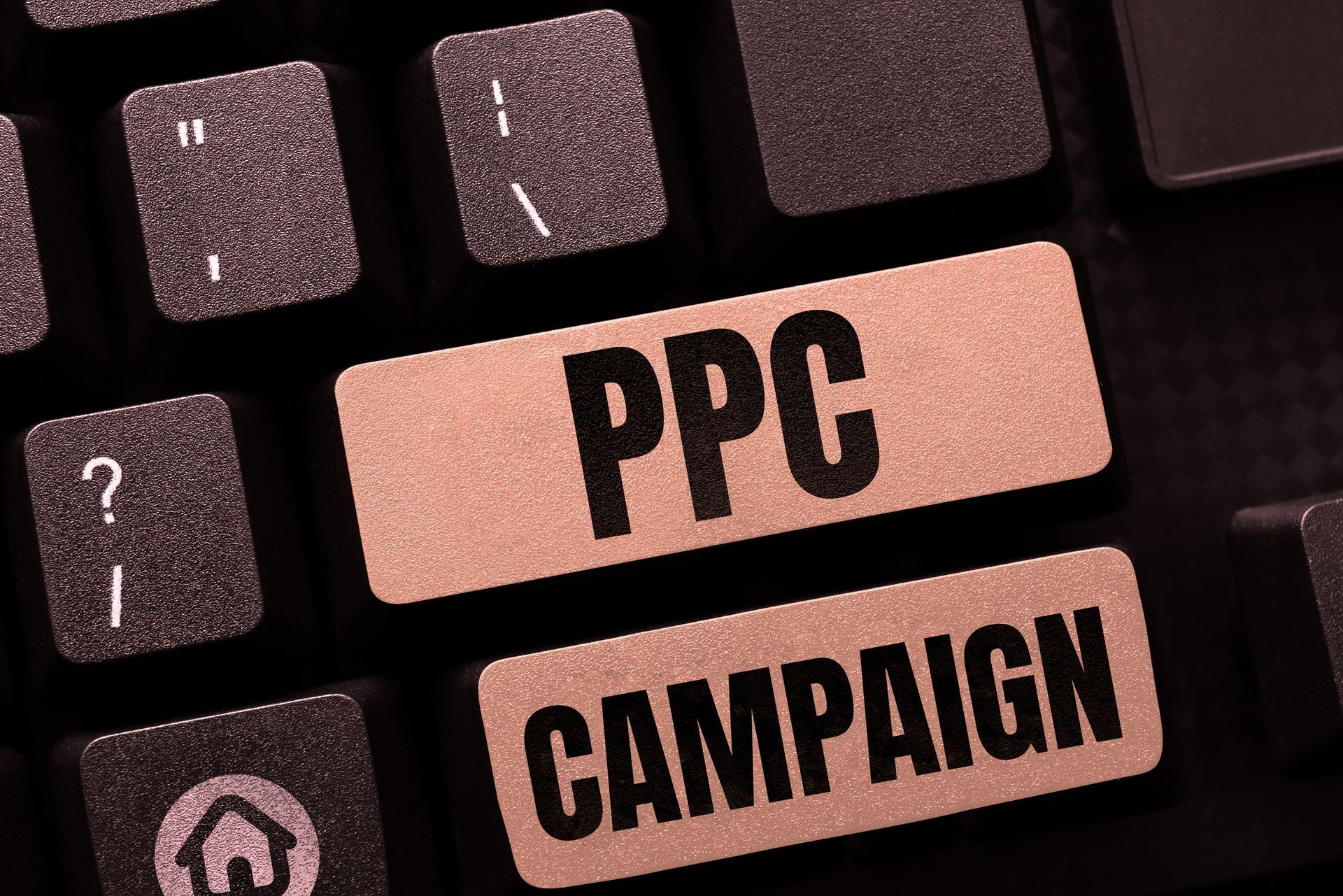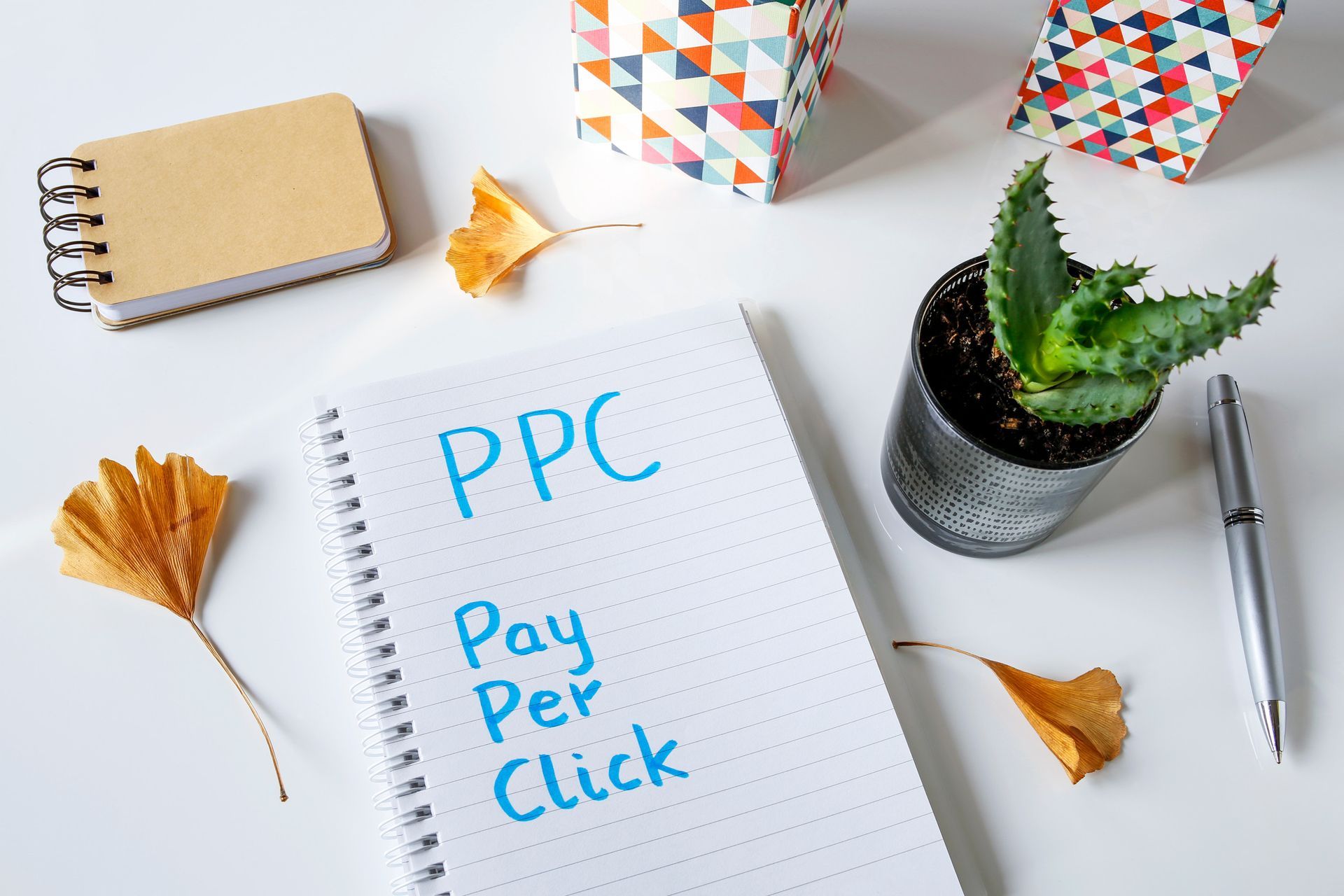The Ultimate Guide to Choosing and Using a Website Builder for Your Small Business in 2024
A professional online presence is paramount for the success of any small business. A well-designed website can be the difference between obscurity and prominence in the competitive marketplace of 2024.
Gone are the days when building a website meant hiring a team of developers. Today, website builders have democratized the process, offering an easy and cost-effective solution for businesses of various scales.
But with a plethora of options available, how does a small business owner make the right choice? And once the decision is made, how can these tools be leveraged to create a customer-engaging platform?
Understanding the Basics: What Is a Website Builder?
A website builder is a tool that allows individuals, even those without coding or design expertise, to create a website. It typically comprises a user-friendly interface and a wide range of templates and customization options.
The beauty of website builders lies in their simplicity – they provide the scaffolding for a website's structure, and users can simply add their own content and design elements.
The Significance of a Professional Online Presence
The value of a professional online presence cannot be overstated. Your website acts as a digital storefront, representing your brand, products, and services to potential customers 24/7.
With over 4 billion internet users worldwide, not having a website is akin to closing shop for a day. Furthermore, in an age of social distancing and remote work, your website may be the only interaction many customers have with your brand.
Key Features to Consider When Choosing a Website Builder
Not all website builders are created equal, and the features they offer can vary significantly. When deciding on which website builder to use for your small business, there are several key factors to keep in mind.
- Ease of Use: The ideal website builder should have an intuitive interface that makes it simple for you to design and update your website without needing a background in web development or design.
- Customization Options: Look for a builder that offers a wide range of templates and allows for extensive customization. This ensures that you can create a website that truly reflects your brand's identity.
- SEO Tools: Being discoverable on search engines is crucial for online success. Choose a website builder that includes built-in SEO tools to help optimize your site for Google and other search engines.
- E-commerce Capabilities: If you plan to sell products or services directly through your website, ensure the builder supports e-commerce functionalities like shopping carts and secure payment gateways.
- Mobile Responsiveness: With an increasing number of users accessing the internet via smartphones, your website must perform well on mobile devices. A good website builder should automatically generate a mobile-responsive version of your site.
- Customer Support: Access to reliable customer support can save you a lot of frustration, especially if you encounter issues with your site. Look for a platform that offers comprehensive support through multiple channels.
Comparing the Top Website Builders in 2024
Here's a rundown of some of the most popular website builders on the market in 2024, along with their salient features and potential use cases for small businesses.
- Squarespace: Known for its stunning design templates that cater especially well to creative industries. Squarespace is ideal for small businesses focused on design, art, photography, and fashion. It offers comprehensive SEO tools, robust e-commerce capabilities, and impressive mobile responsiveness.
- Wix: Offers an incredibly user-friendly drag-and-drop interface, making it perfect for beginners. Wix is suitable for a wide range of small business types due to its versatility, extensive template library, and significant customization options. It includes useful features like an integrated CRM system and automated SEO.
- Shopify: The go-to choice for e-commerce-focused businesses. Shopify specializes in providing a seamless online shopping experience, with powerful tools to manage your inventory, payments, shipping, and more. Its comprehensive e-commerce features are complemented by excellent customer support.
- WordPress.com: Best for businesses that prioritize content marketing or have specific functionality needs. WordPress offers unparalleled flexibility through its vast plugin ecosystem. While it can have a steeper learning curve, it's a powerful tool for businesses looking to extensively customize their site or add complex features.
- Weebly: A great option for small businesses looking for simplicity, cost-effectiveness, and basic e-commerce functionality. Weebly’s straightforward drag-and-drop interface, combined with its direct integration with Square for payment processing, makes it a convenient choice for new entrepreneurs.
- GoDaddy Website Builder: Known for its speed and simplicity, GoDaddy’s website builder is designed for businesses needing to go online quickly. It offers a variety of ready-to-go designs and basic e-commerce features, making it suitable for small local businesses and personal projects.
The selection of a website builder should align with your business needs, resources, and long-term digital strategy. Each of these platforms has its unique strengths and potential limitations, offering a range of options to suit different business models and growth plans in 2024.
Step-by-Step Guide to Using a Website Builder
While each website builder will have its unique process, the basics of creating a website remain the same. Here's a general guide to get you started.
Step 1: Choose Your Platform
After carefully reviewing the features and strengths of various website builders, select the one that best fits your business needs. Consider your budget, the scale of your operation, and the type of website you envision.
Step 2: Pick a Domain Name
Your domain name is your website's address on the internet. It should be memorable, easy to spell, and reflect your business name or the services you offer. Most website builders offer domain registration as part of their service package.
Step 3: Select a Template
Choose a template that aligns with your business aesthetic and goals. A good template serves as a foundation and can significantly reduce the time and effort required to build your site. Remember, customization can help differentiate your site, but starting with a strong template is key.
Step 4: Customize Your Website
Modify your chosen template to make your website truly your own. This can include changing text, colors, layouts, and adding your branding elements such as logos and product images. Ensure that your website's navigation is intuitive and user-friendly.
Step 5: Add Essential Content
Fill your website with compelling and relevant content, including descriptions of your products or services, an "About Us" section, contact information, and blog posts if applicable. Good content not only informs visitors but also helps with search engine optimization.
Step 6: Optimize for SEO
Utilize the SEO tools provided by your website builder to improve your site’s visibility on search engines. This includes optimizing page titles and descriptions, using relevant keywords, and ensuring your website is mobile-friendly.
Step 7: Publish Your Website
Once you are satisfied with the design and content of your site, it's time to go live. Before you hit the publish button, however, make sure to preview your site on different devices to ensure everything looks and functions as expected.
Step 8: Analyze and Update Regularly
After your website is up and running, monitor its performance through analytics tools. Look for insights on visitor behavior to identify areas for improvement. Regular updates and adjustments will help keep your website relevant and engaging for your audience.
Conclusion
A professional website is a necessity for any small business looking to thrive in 2024. With a good website builder, creating an online presence has never been more accessible.
The key is to choose the right tool for your business and leverage it to offer an engaging and informative experience to your customers. If you’re a small business owner who hasn’t taken the plunge into the online world, now is the time.
About Digital Dreamscape Marketing
Digital Dreamscape Marketing is a premier digital marketing agency based in Maryland, dedicated to helping businesses of all sizes enhance their online presence. With a focus on delivering measurable results, we specialize in a comprehensive range of digital marketing services, including Search Engine Optimization (SEO), PPC management, Facebook advertising, and content marketing strategies.
Our experienced team of marketing professionals is committed to crafting tailored solutions. For more information on how we can help you achieve your digital marketing goals, contact us at
14433975003 or email
moreinfo@digitaldreamscapemarketing.com.









![How to Set Up and Optimize Google Business Profile in 5 Minutes [2024]](https://lirp.cdn-website.com/0461b649/dms3rep/multi/opt/103417557_m_normal_none-1920w.jpg)
